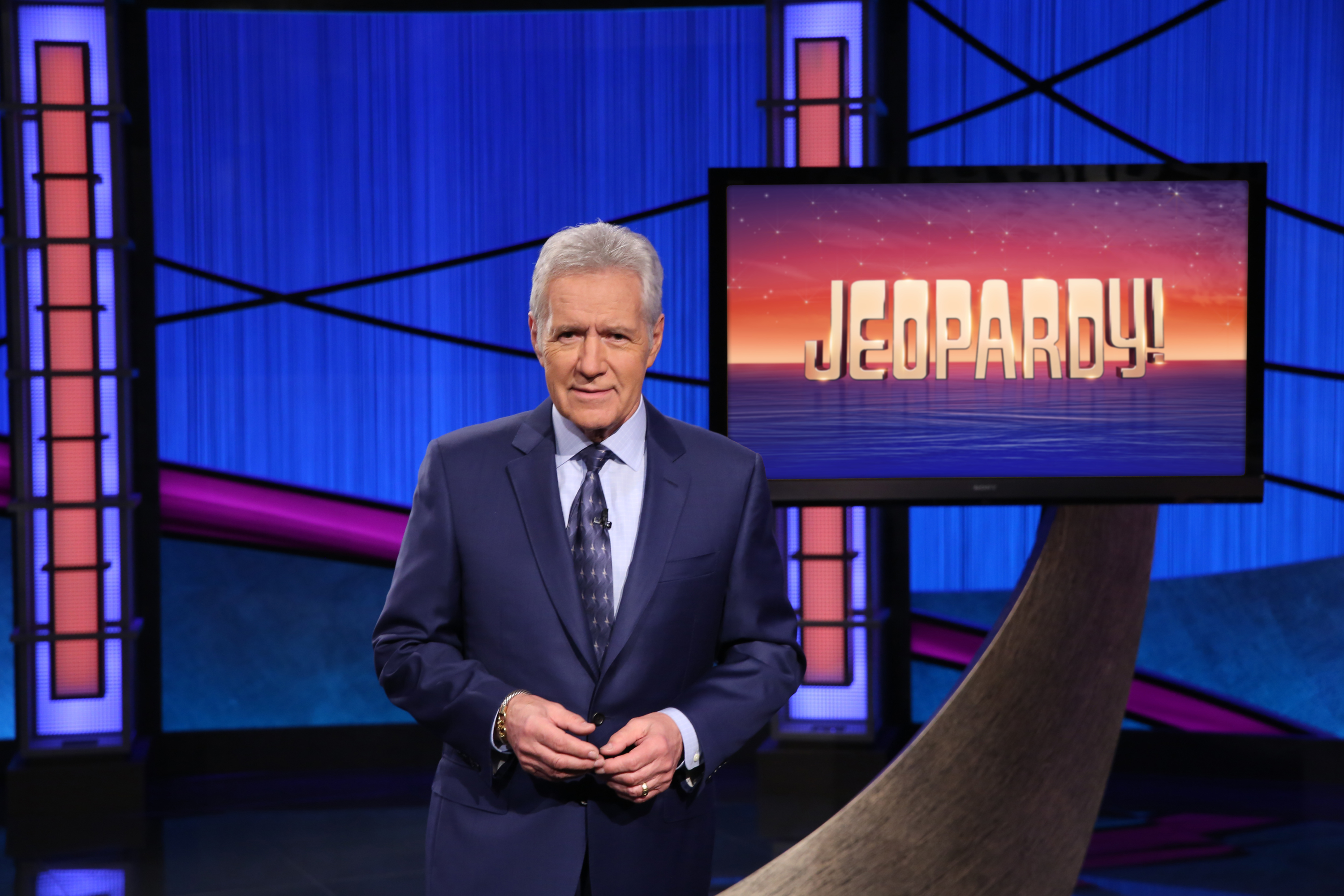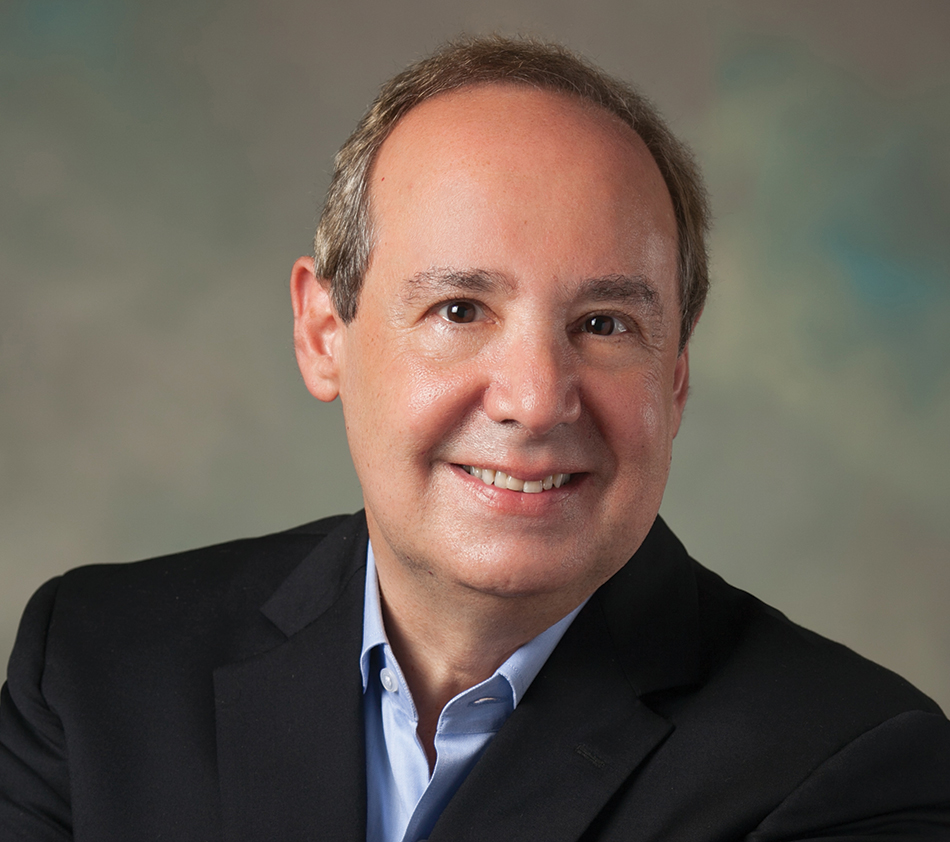Why ‘Jeopardy!’ and Alex Trebek Love Lucy
Rather than hold on-air auditions and poll social media, show creator Merv Griffin phoned a famous friend

The smarter way to stay on top of broadcasting and cable industry. Sign up below
You are now subscribed
Your newsletter sign-up was successful
Let’s take the Wayback machine to 1984. Television impressario Merv Griffin decided to revive Jeopardy!, a game show that he had created, which ran in daytime on NBC from 1964-1975 and had failed when it was offered in syndication to television stations around the country in 1974, only to stay on the air for a single season. Griffin knew he had one more shot before the show would be confined to the dustbin of video history.
So he began a months-long series of on-air tryouts with network news personalities, actors, professional football players and even some medical doctors. Then he closely watched the ratings for each and obsessively monitored the tsunami of Twitter feeds from millions around the country who were more than willing to voice their opinions — particularly praise or scorn — about potential replacements for Art Fleming, who had been the show’s host since its premiere.
Wrong.
Without the technology and pressure of social media, Griffin could ignore the white noise about his pending decision with impunity. He also had no need to parade a bunch of notable celebrities onto the screen to audition them in real time for the permanent host slot. Merv Griffin had ears and a gut that were the only tools he needed to head down a momentous path.
Contrast this with the months-long drama that followed the death of beloved host Alex Trebek in November 2020. Sony Pictures Television, which now owns the rights to Jeopardy!, decided to begin an extended process that was akin to a beauty contest, or as some cynics have noted, more like the selection of a new Pope. So Savannah Guthrie, George Stephanopoulos, Dr. Sanjay Gupta, Aaron Rodgers, and LeVar Burton, among others, took their place on the set’s podium to soberly pose the answers to a new group of contestants.
As Ravi Ahuja, Sony’s chairman of Global Television Studios and Corporate Development noted, “ A tremendous amount of work and deliberation has gone into it, perhaps more than has ever gone into the selection of hosts for a show — deservedly so because it’s Jeopardy! And we are following the incomparable Alex Trebek.”
That work included poring over “footage from every episode” (more than 8,200 when Trebek hosted), along with analyzing the ratings of the guest hosts (former contestant Ken Jennings, who had 74 consecutive wins on the show, posted the highest Nielsen numbers) and of course, closely monitoring which way the winds were blowing in the Twitterverse.
The smarter way to stay on top of broadcasting and cable industry. Sign up below
Not surprisingly, the white noise now continues after the recent announcement that the show’s current executive producer, Mike Richards, would become the permanent host of the nightly syndicated version of Jeopardy!, and that Mayim Bialik would become host for the show’s primetime version and for spinoffs such as Jeopardy! National College Championship. Although some have expressed online satisfaction with these choices, others have amped up their withering criticism about the selection process and the successful candidates themselves.
Flash back to 1984. Merv Griffin knew he had a momentous decision to make if the show was ever to have a future on television again. But as he pondered who to choose, he also knew that one of his close friends knew about as much as anyone else about what makes television viewers happy and loyal. Her name was Lucille Ball, and her place in television history is much like the regal status in music of Aretha Franklin as the Queen of Soul. Lucy also was an avid viewer, and sometime contestant, on a variety of game shows, so she had a real sense of the chemistry that a host needed to have with the studio audience and those watching at home.
So in simpler times, Griffin picked up the phone, called Lucy, and asked for her advice. He was pleased to hear that she had someone strongly to recommend — a Canadian-born game show host with a bushy mustache and a mop of curly hair. He was a familiar face to many, but also had failed to catch fire on a series of failed game shows, including Battlestars, Double Dare, Lucky Numbers and The $128,000 Question. He also had hosted High Rollers on NBC’s daytime lineup, a game where contestants tried to win prizes by rolling dice. Lucy had appeared on the show and came away with a very favorable impression of how Alex Trebek had helmed it. She instinctively thought that he could move into the more challenging duties of Jeopardy! and was direct in telling Merv just that.
Griffin had the only focus group he needed. He did not look at his phone again for guidance since all it could do then was make and receive calls. But he used it to call Alex Trebek and offered him the hosting job. Trebek’s mastery of that position — which he held for 37 seasons, during which Jeopardy! won a record-setting 41 Emmy awards — was monumental, and anyone who follows inevitably will be judged by his solid gold standard.
But in a larger sense, the way he got the job also remains important to remember for our everyday lives. An intimate knowledge of what would work best was the most direct route to success — remember, Merv Griffin’s first game show was called Play Your Hunch.
And when the Jeopardy! board opens to Merv Griffin and Lucille Ball, players at home now have the question ready at hand. “ How was Alex Trebek ever selected at all?”
Stuart N. Brotman is the former president and CEO of The Museum of Television and Radio in New York and Los Angeles (now the Paley Center for Media). He is the author of The First Amendment Lives On.

